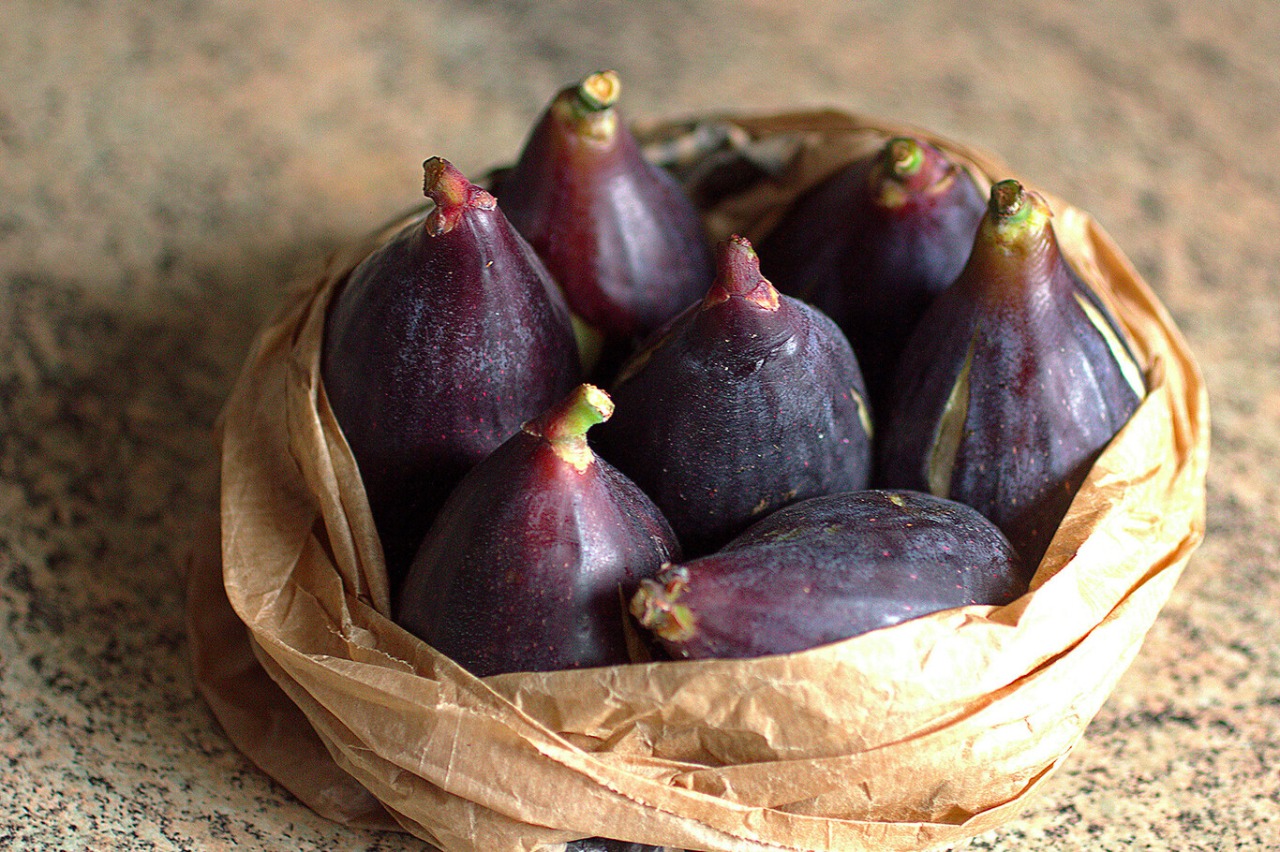Fig
Nutritional composition (per 100 grams)
Composition Amount (gr) RDA(%). Kcalories 65.4 3.4%. Carbohydrates 12.9 4.1%. Protein 1.31 2.7%. Fiber 2.02 6.7%. Fat 0.5 0.9%. Minerals Amount (mg) RDA(%). Sodium 1.3 0.1%. Calcium 54 4.5%. Iron 0.6 7.5%. Phosphorus 32 4.6%. Potassium 248 12.4%. Vitamins Amount (mg) RDA(%). Vitamin A 0.01 0.9%. Vitamin B1 0.05 4.2%. Vitamin B2 0.05 3.8%. Vitamin B3 0.64 0%. Vitamin C 2.7 3%.
Benefits
For athletes and those who carry out intense physical activity, due to its potassium content, which helps muscle recovery and strengthens bones, as well as magnesium, phosphorus and calcium. Its contribution in fiber facilitates the intestinal transit and, in addition, it is a fruit of easy digestion and sweet, reason why incorporating it in our day to day will allow us to reduce the amount of added sugar. It is also remarkable its expectorant power, which helps us to clean the lungs; the presence of flavonoids, with antioxidant, anti-inflammatory and anti-allergic properties; the amount of vitamin A, which affects visual health, or its ability to maintain healthy skin and hair. Figs can be eaten fresh or dried, and then they concentrate most of their properties.

